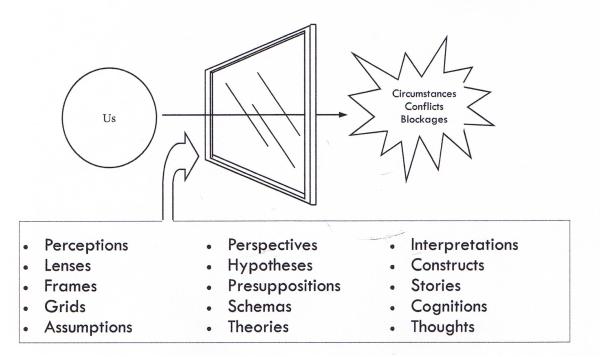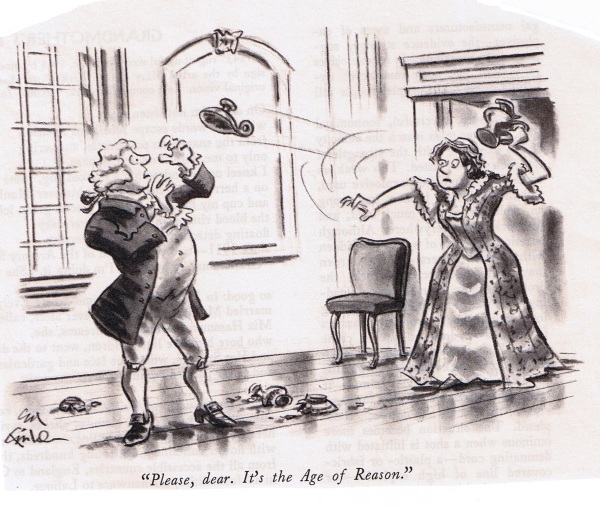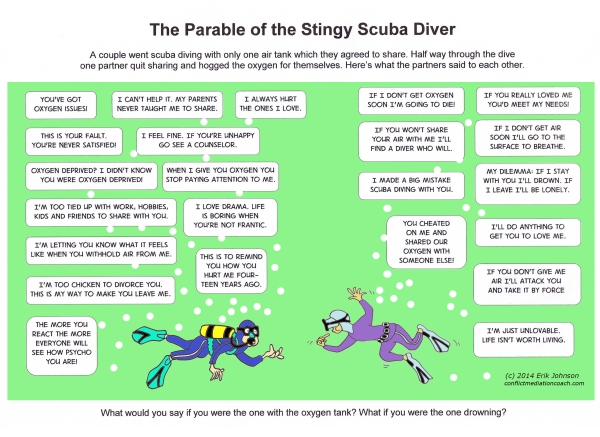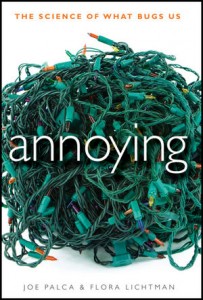
SPRING CLEARANCE SALE on POTENTIAL MATES
Wise car shoppers kick tires and consult Consumer Reports, Kelly Blue Book, or Motor Trend Magazine before buying a used car.
Choosing a vacation spot is easier when we read reviews, ask friends, or talk to a travel consultant.
Wise business owners conduct extensive interviews because they know it’s easier hiring the right employee than retraining a wrong one.
Even going to the movies or choosing a restaurant is easier when we ask what others think of the plot, the service, or the value.
When it comes to getting married, however, some people don’t put a lot of thought into one of the biggest decisions of life. They feel the urge and take the plunge! Over the years I’ve heard many different reasons why people got married.
She is smokin’ hot!
He’s rich!
I wanted a big wedding because I was skinny and wanted to be ogled and envied.
I was drunk.
I didn’t want to be alone.
I wanted to get away from my parents.
She’s pregnant.
I was pregnant.
Why not? If I get unhappy I’ll get a divorce and find a new partner.
Our sex is amazing!
I was a single parent and this person was willing to help me raise my kids.
I didn’t want to get married but we already sent out the invitations.
They make me look and feel good.
They’ve promised to meet my every need.
I found someone who will give me what my parents never gave me.
I can control this person.
An imperfect mate is better than no mate.
If I were to write an instruction book for people “shopping” for a marriage partner, I’d suggest the following checklist. Some of these marriage criteria are counter intuitive but I believe courting couples ignore them to their peril.
How does this potential partner treat their parents? It’s not uncommon for old relational patterns to return once the glow of hormones wears off.
How long have you dated? We recommend at least a year so you can see what your future partner is like during every season. Summer lovers can become winter Grinches and vice versa. Better to find out sooner rather than later.
What are your prospective mate’s life goals? It’s hard to feel close if you’re headed in opposite directions.
What common values to you share? If you love risk taking and your partner is risk averse you’ll struggle. If you’re a saver and they’re a spender you’ll struggle. If you’re a dancer and your partner is an irredeemable klutz, somebody’s going to be unhappy.
How adept are the two of you at resolving disagreements? It isn’t conflict that tears marriages apart, it’s poorly managed or avoided conflict. I often give love struck couples in premarital counseling the following assignment, “Go have a fight.” It usually gets a big laugh but I’m serious. Why wait until the honeymoon to discover how well or poorly you handle stress, anger, and fear?
What are you and your partner’s expectations about marriage? This isn’t easy to answer when we’re infatuated, love struck, and just getting to know each other. But unmet expectations are one of the biggest conflicts couples have.
What did your criminal background check reveal? This is a painful reality: some people lie. Better to find out sooner rather than later the truth about military service, degrees, awards, debt, criminal records, affairs, previous marriages, or kids. I’ve been shocked to learn how sneaky some people can be. Check ‘em out!
What about your partner are you hoping to change? The person who thinks they’re going to help their partner eliminate their irritating mannerisms or character flaws, change their weight, hair style, religion, or personality is in for a huge disappointment. Making personal changes is hard enough. Feeling pressured to do so is almost guaranteed to fail.
How do you manage your anxiety? A person often chooses a mate because they believe their spouse will become their “anti anxiety drug.” Rather than dealing with fears, worries, and anxieties themselves, they make their future partner responsible for their moods. This puts tremendous pressure on a marriage. A future partner may be willing initially to be that anti-anxiety drug but will eventually poop out.
What do your family and friends think of this person as your potential life partner? If those close to you have doubts about how well suited you are for each other, pay attention. Those who are objective see what we in our love struck subjective state can’t.
How tolerant of differences are you both? Many people go bonkers when their partner voices a contrary opinion or expresses a preference that differs from their own. Two becoming one does not mean two becoming the same.
How willing are you both to work at making a healthy marriage? Even couples who agree on the above questions will go through marital stages. And each stage requires adaptation, compromise, and negotiation. Marriages put on “auto pilot” often end up in counselor’s offices because good marriage don’t just happen. They require attention, conversation, and new skills.
God puts us in marriages partly to make us better people. If we’re single we don’t have to learn how to get along in intimate relationships. But if we share a bed, budget, or kids either the marriage will work on us or we’ll work on the marriage. I hope these questions will help you kick a few tires before signing the marriage license.









